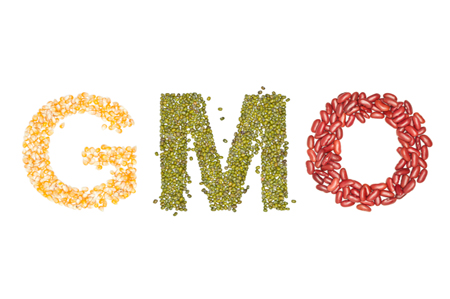Mixed report for GM crops
Category: Food Safety, Grains, Miscellaneous, Oilseeds
 (Farm Weekly) – A report from the US-based National Academies of Sciences, Engineering and Medicine has found there is no substantiated evidence of risks to human health due to eating food from genetically modified (GM) crops.
(Farm Weekly) – A report from the US-based National Academies of Sciences, Engineering and Medicine has found there is no substantiated evidence of risks to human health due to eating food from genetically modified (GM) crops.
However, while this has been seized upon by proponents of GM technology, the report is not all good news for the GM lobby.
It also found there were significant problems with resistance to the pesticides used in GM crop production systems.
The major two types of GM food crops currently produced are insect tolerant (IT) and herbicide tolerant (HT) but there are evolving resistance problems in terms of both insect resistance and weeds tolerant of the herbicides used in the cropping system.
The report authors examined almost 900 research and other publications on the development, use, and effects of genetically engineered characteristics in maize (corn), soybean, and cotton, which account for the vast majority of GM food crops.
In terms of food safety, the committee found that available epidemiological data do not show associations between any disease or chronic conditions and the consumption of GM foods.
Along with that, the report said there was some evidence that GM insect-resistant crops have had benefits to human health by reducing insecticide poisonings.
In terms of benefits to growers, the report found GM soybeans, cotton and maize have generally been good economically for farmers, but this depended on the individual circumstances.
It also found dangerous levels of insect resistance developing against the insect repellent traits where appropriate resistance management strategies were not used.
The report comes as parliamentary debate continues in Western Australia regarding repealing the GM moratorium bill.
WA growers are at present free to grow GM canola, but by repealing the moratorium act, the Government would create certainty regarding the state’s ongoing position.
Matthew Cossey, chief executive Australia’s plant science industry peak organisation CropLife Australia, said he hoped common sense would prevail over partisan politics.
“Putting narrow misguided party politics ahead of good policy is irresponsible when so many growers rely on the choice of making farming more profitable and more environmentally sustainable with GM crops,” he said.
Bob Phelps, of anti-GM group GeneEthics, said while the Australian plant sciences sector talked up GM canola technology, the actions of farmers showed it was not winning over the hearts and minds of growers like it was expected to.
“In Western Australia, 30 per cent of the canola crop is GM, but that drops to 11pc in Victoria and 13pc in NSW.”




